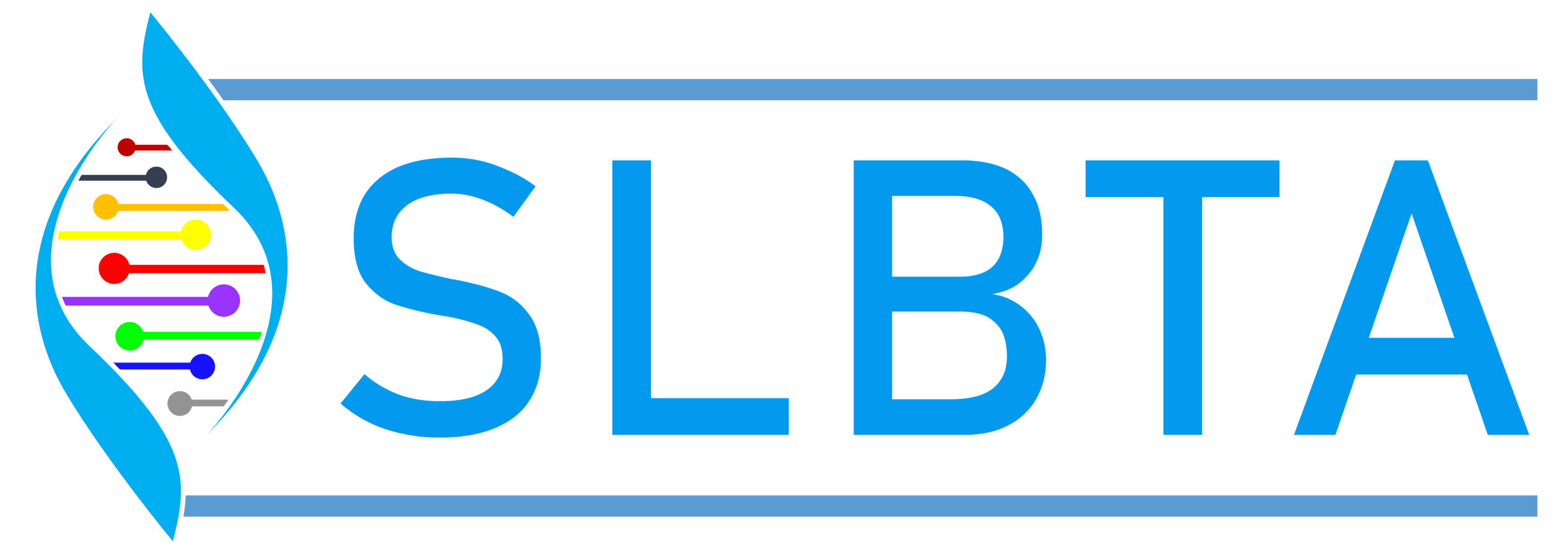Global coffee consumption generates millions of tons of spent coffee grounds each year, which can be damaging to wildlife and the environment.
However, new research published in the Journal of Chemical Technology and Biotechnology reveals that spent coffee grounds could be repurposed to act as a powerful adsorbent of bentazone, a herbicide commonly used in agriculture that is highly neurotoxic.
In the study, investigators found that when they used zinc chloride to activate the carbon from spent coffee grounds, the activated carbon showed a 70% efficiency in bentazone removal. The activated carbon was also efficient in a high-sensitivity test for pollutants in water.
“Spent coffee grounds… represent an opportunity to contribute to a circular economy,” the authors wrote.
More information: Bianca Caroline da Silva Rocha et al, Removal Of Bentazone Using Activated Carbon From Spent Coffee Grounds, Journal of Chemical Technology & Biotechnology (2024). DOI: 10.1002/jctb.7630
Journal information: Journal of Chemical Technology and Biotechnology










